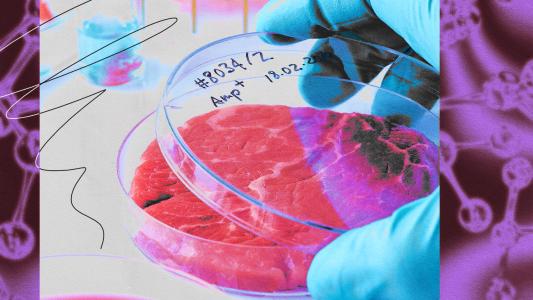Biology
Scientists bioengineer plants to have an animal-like immune system
Scientists have bioengineered a hybrid molecule by fusing components from an animal's and a plant's adaptive immune system.
Breakthrough creates stem cells without any “memories”
A new method for creating induced pluripotent stem (iPS) cells includes a memory reset that puts the cells in a more embryonic-like state.
“Light sculpting” chip can rapidly test for thousands of diseases
Stanford researchers have developed a new type of molecular test that works without a cumbersome amplification step.
Scientists discover a gel that whitens teeth and kills 94% of bacteria
Scientists have found that light-activated oxidizing nanoparticles can whiten teeth without causing damage.
Too much body fat isn’t the problem — malfunctioning body fat is
When fat cells are overloaded with excess nutrients, they become too big and don't receive enough oxygen, causing them to die.
Scientists make pain relievers like Tylenol from pine trees rather than fossil fuels
Chemists have shown how to manufacture ibuprofen and acetaminophen using a waste product from the forestry and paper industries.
Nematodes survive 46,000 years on ice
A pair of nematodes from the Pleistocene survived in the Siberian permafrost by entering a survival state known as cryptobiosis.
Fragile X syndrome often results from improperly processed genetic material
Researchers discovered that the mutated gene responsible for fragile X syndrome is active in most people with the disorder, not silenced.
Northern white rhinos are set for extinction. Only a technological moonshot can save them.
Project BioRescue aims to create the reproductive technology necessary to resurrect the northern white rhino. But time is running out.
Lab-grown meat techniques aren’t new
Cell cultures are common tools in science, but bringing them up to scale to meet society’s demand for meat will require further development.









